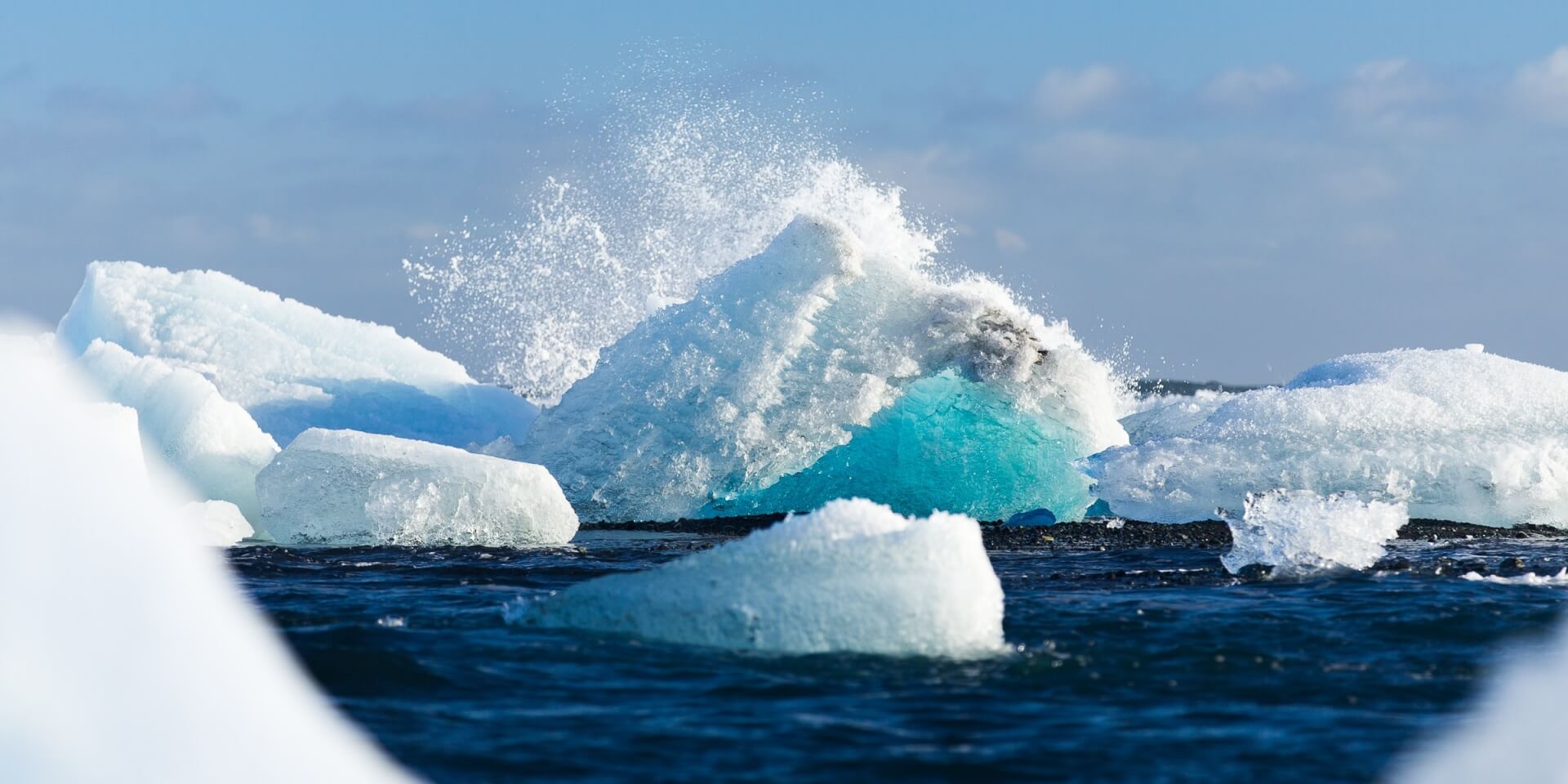
With climate change reshaping the cold regions of the Earth in devastating, rapid ways, scientists are looking for new ways to break through the political impasse and make the case for urgent change.
“When I go to both the Arctic and the Antarctic, I can see the changes. In the Antarctic, which we thought much more stable, you can now see shrinking glaciers. The impacts of warming waters – it’s there for us to see,” explains Jane Francis, Director of the British Antarctic Survey (BAS), and the representative of the Scientific Committee on Antarctic Research (SCAR) – an ISC Affiliated Body focused on research in the Antarctic region.
Ahead of the COP 28 climate conference in November, scientists from more than 40 polar countries are gathering in Paris this week for the international science conference focusing exclusively on the Earth’s poles and glaciers. One of the key goals of this Polar Summit is to make specific science-informed policy recommendations.
“I also think there’s a lot of frustration. Things aren’t moving as fast as they could be at a political level,” Francis says. “It would be nice if we could see genuine policies at all levels of government, and clear leadership that we need to embrace things like new technologies, green agendas and really try to change the way we live, to live in a more sustainable world.”
In 2022, SCAR released a decadal synopsis report with explicit policy recommendations, laying out the higher-than-ever stakes: “Scientific evidence is abundantly clear and convincing: further global impacts influenced by Antarctic change include extreme climate and weather events, droughts, wildfires and floods, and ocean acidification.”
And it’s all happening much more quickly than expected, Francis explains. “There is a huge urgency now to communicate that to policy-makers,” she says.
The effects can be seen on both poles: “The changes that we see in the Arctic are scary for all of us, in terms of the pace at which they are happening,” notes Gerlis Fugmann, Executive Secretary of the International Arctic Science Committee (IASC), an ISC Affiliated Member.
“Melting sea ice, shipping routes opening up, changes that we see with Indigenous populations within the North with their ways of life – climate change in general is affecting the Arctic critically, because any small change is having a really big impact,” she adds.
“Being able to communicate that to policy-makers is quite difficult, because we’re two groups of people with the same ambition but different ways of speaking,” explains Francis.
“We live in a very complex world, and dealing with climate change, which is a very major issue – and it’s a very long-term issue as well – I think it doesn’t sit happily with more short-term features of government policy, which really have to do with a day-to-day or yearly scale of economics,” she adds.
The Paris Polar summit aims to address that gap by bringing together working groups of scientists to draw up recommendations on specific aspects of the crisis facing the cryosphere. “If out of this session come some very clear points of action from the scientific discussions, which are really focused, and can give policy-makers very clear guidelines on what’s really urgent, I think that would be helpful,” Francis says.
“What’s happening in the polar regions actually has a global impact. I think it’s really important that policy-makers understand that and realize the actions they need to take,” Francis says. Momentum is building to make those policy changes, amid a growing global sense of urgency, she says – but more needs to happen, quickly.
Fugmann says scientists need to keep delivering that message: the Earth’s poles and glaciers may be out of sight to many, but the changes happening there are critical and will only become more apparent. “There needs to be a more continuous dialogue,” she argues. “As scientists, we need to use every opportunity we can to make that connection.”
For scientists, that means listening to policy-makers to understand what data and findings are relevant – and for policy-makers, it means “having an open ear for some of the findings that are being presented to them,” Fugmann says.
She adds that the IASC is also gathering ideas from scientists, Indigenous people, policy-makers and others affected by issues in the Arctic to get a sense of priorities for research over the next decade.
The upcoming International Polar Year (IPY) in 2032-33 will be a key opportunity to take stock of our changing poles and encourage funding for vital research. Although it’s almost a decade away, the ISC, IASC and SCAR have big plans for research leading up to it and beyond.
For Fugmann, who was working on her PhD during the most recent IPY and is intimately familiar with incremental changes in the region after spending years in the Arctic, watching the pace of change has been unsettling. “Addressing this and gaining a better understanding of what’s happening is more critical than ever,” she says.
“Scientists are often called doomsayers, but I think scientists have a duty to tell the truth about what they see and what they forecast,” Francis says. On an individual and societal level, she sees some promising things, she adds: “I do see a lot of discussion about how we can live more sustainably on a personal scale, and on a community scale, how things are changing – and then on a broader scale, there is a lot more discussion about a future more sustainable, more balanced world,” she adds. “It’s just going to take a lot more effort and focus to get there quickly enough.”
Emmanuel Macron, President, France, launched the Paris Call for Glaciers and Poles ahead of the Polar Year.

International Science Council Affiliated Bodies
The ISC co-sponsors science initiatives or programmes, providing a platform to convene scientists across disciplinary and geographical borders. These programmes plan and organize international scientific initiatives and offer policy advice on a number of urgent issues, such as climate change.
Photo by Anders Jildén on Unsplash
Disclaimer
The information, opinions and recommendations presented in this article are those of the individual contributor/s, and do not necessarily reflect the values and beliefs of the International Science Council.